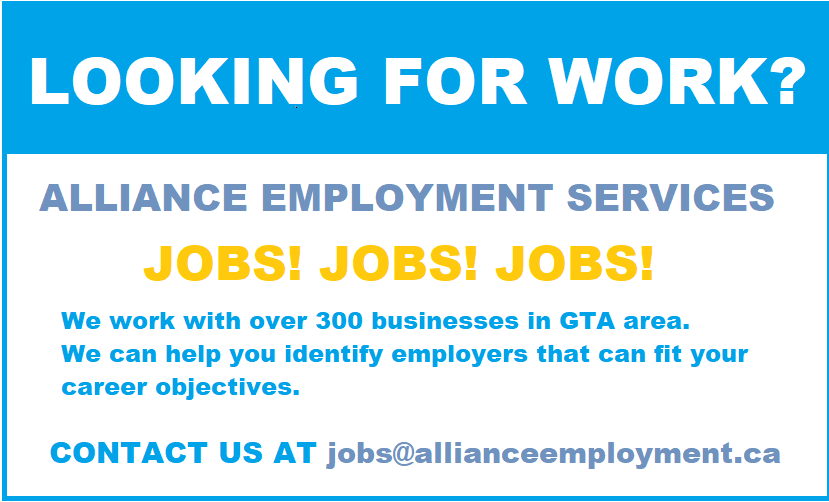The art of the deal: how to negotiate a starting salary

Your interview went well, and a job offer has come in. Exciting right? Yes, unless the offer is lower than you were hoping for. You’ll most likely have some mixed emotions: on the one hand, you’re happy and relieved that your job search is over, on the other, you’re trying to figure out just how you can afford that Tesla Model S on a salary so low (short answer: you can’t). So what do you do? People often feel as if they have to accept that first offer, without negotiation – any job is better than no job after all. Big mistake.
You can and should negotiate for a better starting salary, and here’s how.
Do your research.
Even before you have an interview, you should be researching the company and the type of job you’ve been offered. Get a better understanding of typical responsibilities and tasks, as well as an appropriate compensation package (note: job postings on Workopolis now come equipped with salary range approximations from Payscale).
If the company has a collective agreement with a salary scale, you’ll likely have less room to maneuver. Consider asking about bonuses; approximately half of all businesses in Quebec, for example, use some kind of bonus system, according to the College of Certified Human Resources Advisors.
Ask additional questions.
There’s only so much you can get online. Sometimes you need to ask your prospective employer additional questions. What is the office culture like? Is staff mostly younger workers fresh out of school, or do industry vets make up the bulk of the organization? Every little bit of information that you can extract can help your decision-making.
And if you’re worried about asking compensation-related questions, don’t. Remember that you’re negotiating – salary is part of the discussion. If it’s making you anxious, though, start with simple questions (“what sort of software would I be working on?”) and work your way up to something more tricky, like salary.
Take the time to think through the offer.
Getting an offer can be exciting, particularly if you’ve been job hunting for awhile, but that doesn’t mean you have to act right away. No matter how generous the offer seems, ask for time to review it carefully. Then consider whether a counter offer is appropriate. Most people are afraid that if they ask for time to reflect, the company will withdraw the offer, but this rarely happens, according to Ellis Chase, career coach and author of In Search of The Fun Forever Job. Even a single day can be enough to fully consider the offer.
When you get that extra time to reflect, weigh all the possible pros and cons, including salary, benefits, commute, workload, and potential for advancement. The outcome of this exercise will often help you decide whether you need to ask for something more.
Show off a little.
To get the salary you want, you have to convince the company that you’re worth it. When making your counter offer, list your accomplishments and experience as part of a compelling case that shows you’re worth more than the offer on the table. Don’t be arrogant; just clearly demonstrate how you would contribute value to the organization. Deepak Malhotra, a professor at Harvard Business School, emphasizes that you must help the person you’re negotiating with convince his or her superior by identifying how to improve the original offer.
HOT! HOT! HOT! Alliance Employment Services is in active recruitment for over 70 positions in GTA area.
JOIN our network of CANDIDATES and start getting job offers that match your career objectives.
Always ask for more.
Nothing ventured, nothing gained, as the saying goes. Always ask for a higher salary and justify why you’re worth it. You just might get a ‘yes.’ And even if the answer is ‘no,’ the organization may well be open to including bonuses or additional paid vacation if you make a strong case about your value.
Think beyond money.
Salary negotiations include much more than money. Be sure to address other components of the compensation package: paid vacation, telework options, flexible hours, bonuses, pension contributions, etc. Would being able to pick up the kids from daycare at 4:00 p.m. every day be worth the same to you as $5,000 in additional salary? You have to know the answer to that question. More importantly, you need to know if it’s important to you in advance; introducing a new demand at the last minute could give the organization reason to withdraw the offer entirely.
Get everything on paper.
The golden rule: once you reach an agreement, go through each point with the negotiator and get it in writing! This will avoid any nasty surprises after you start your new job.
Good luck and congratulations on the new job!
But in case you are still looking for work....
Article was found on WORKOPOLIS.COM

